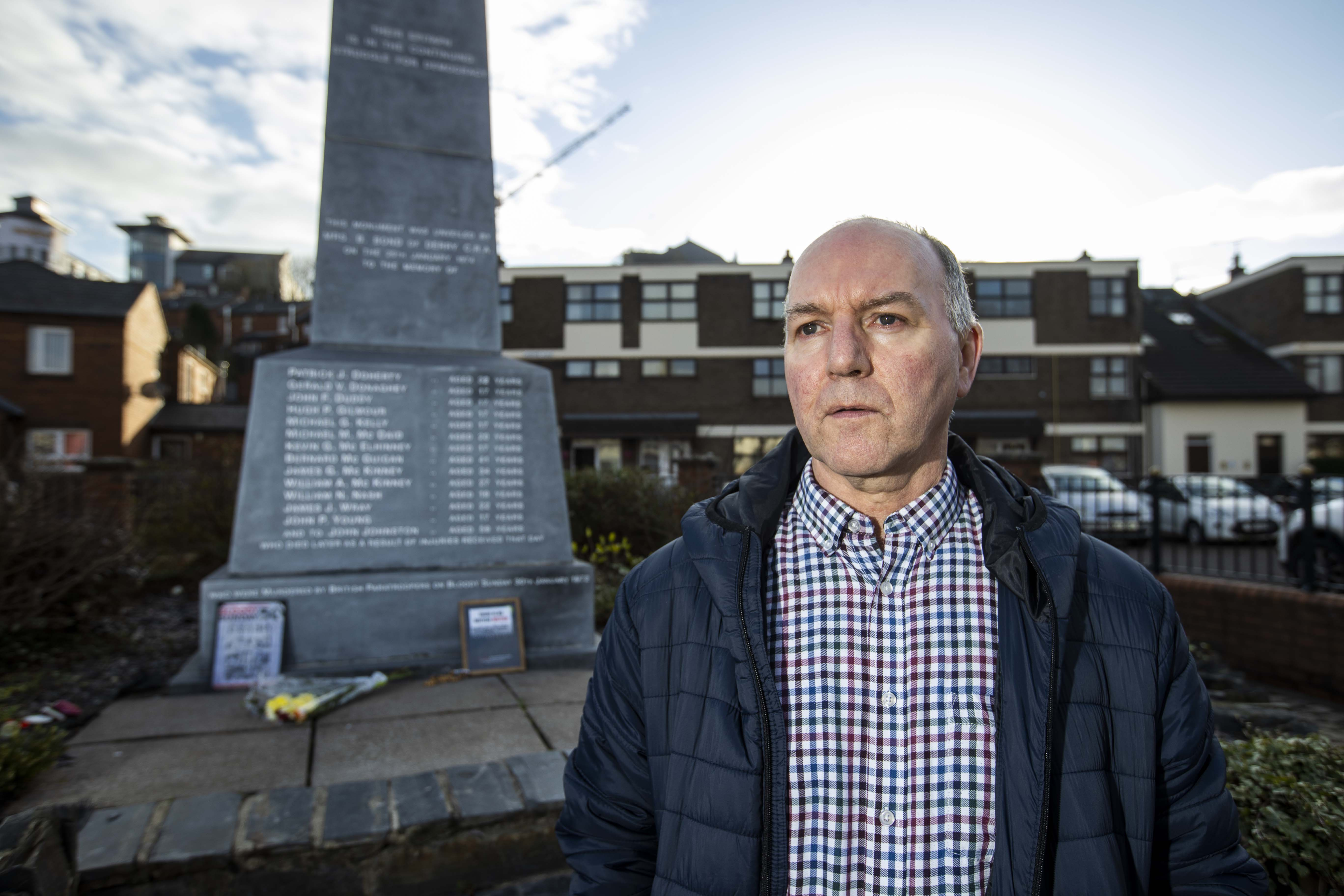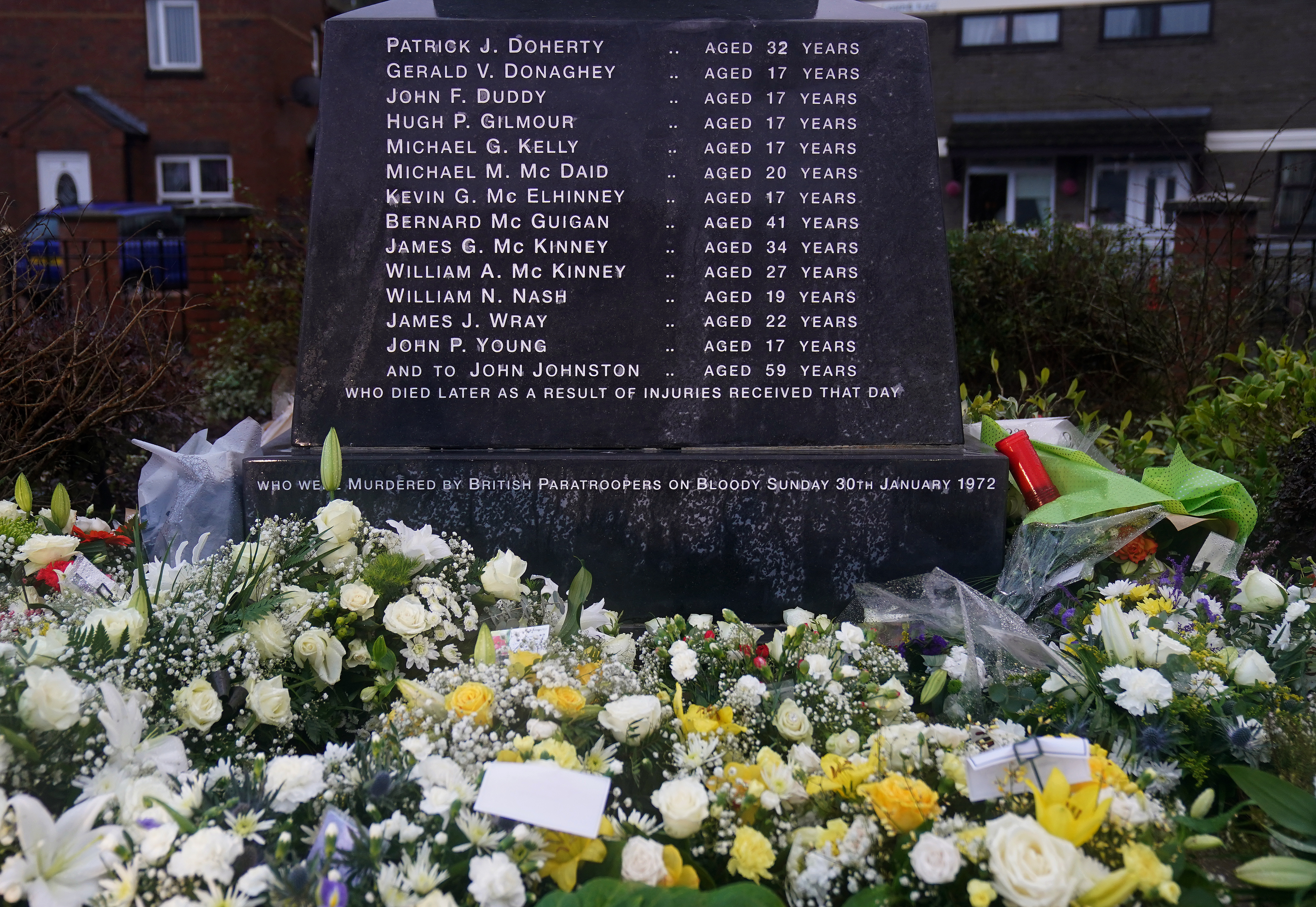‘Terrible legacy’ left by death of Bloody Sunday Parachute Regiment commander

By Jonathan McCambridge, PA
The British officer in command of the Parachute Regiment in Derry on Bloody Sunday has left a “terrible legacy”, a victim’s son has said, following his death.
Lieutenant Colonel Derek Wilford died at the age of 90 in Belgium, having suffered from Parkinson’s disease, according to an obituary in The Times.
Bloody Sunday, on January 30th, 1972, is considered one of the darkest days of the Troubles.
Thirteen people were killed on the day and another man shot by paratroopers died four months later. Many consider him the 14th victim of Bloody Sunday, but his death was formally attributed to an inoperable brain tumour.
Another 14 people were injured in the shootings.

In a statement, Tony Doherty, chairperson of the Bloody Sunday Trust, whose father was killed on Bloody Sunday, said: “The ing of Derek Wilford, while felt by his family, will not be mourned by the families of the innocent men and boys whose lives were taken by armed British paratroopers on Bloody Sunday.
“Colonel Wilford lived in a constant state of denial, never once accepting any measure of responsibility for his actions on that fateful day.
“History, though, will ensure that his actions led directly to the deaths of many innocent people which, in turn, led to years of conflict and hardship for our communities.
“He left a terrible legacy and will rightly be ed for that.”

Liam Wray, who lost his brother James (22) on Bloody Sunday, told the BBC: “For his family, I understand there’ll be sorrow.
“I take no delight in his death, but I’ll not be shedding any tears either.”
An immediate UK inquiry after Bloody Sunday, led by then-lord chief justice Lord Widgery, was described as a whitewash after it largely cleared the soldiers of blame.
After years of campaigning by victims’ families, then-UK prime minister Tony Blair ordered a new inquiry in 1998.
The Saville Inquiry concluded in 2010 that none of the casualties were posing a threat or doing anything that would justify their shooting, and then-UK prime minister David Cameron apologised in the UK's House of Commons, saying the killings were “unjustified and unjustifiable”.
The inquiry found that Lieutenant Colonel Wilford disobeyed an order from a superior officer not to enter troops into the Bogside area. However, despite the inquiry findings, he continued to say that his soldiers had been fired on first.









